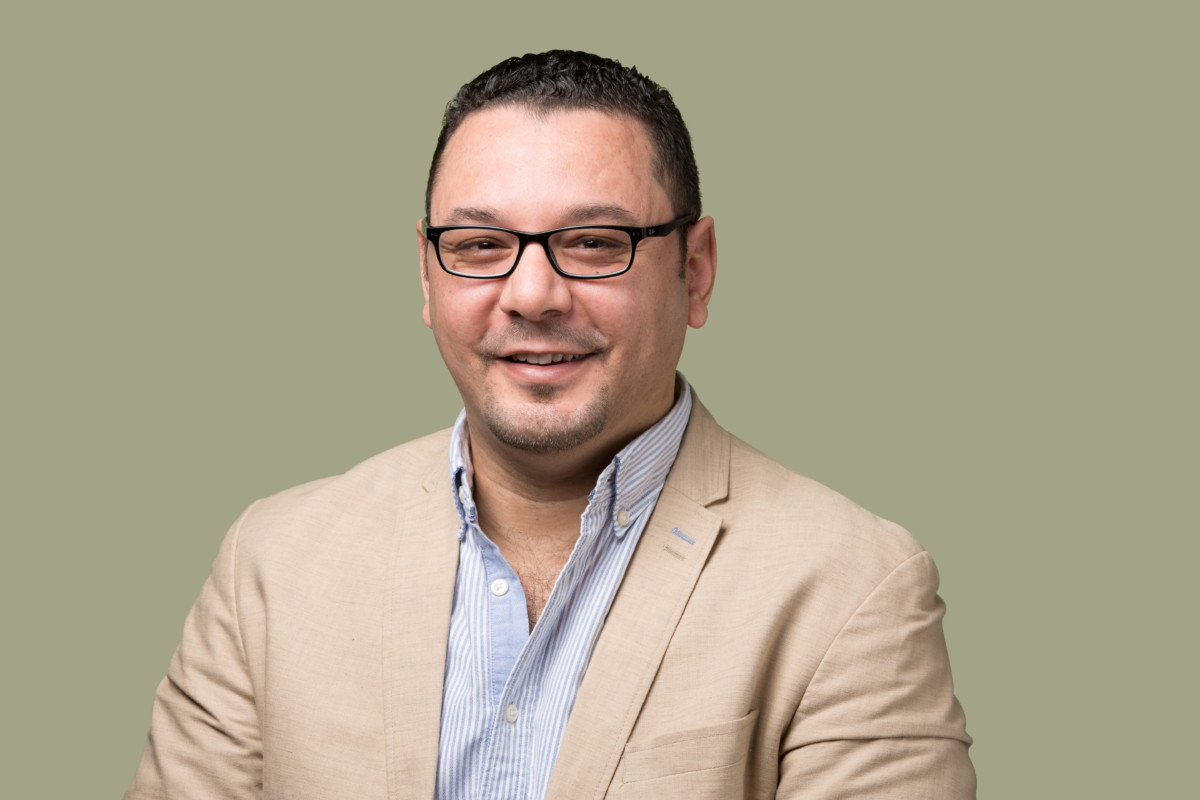Coronavirus
Covid-19: What Should A Carer Do? & Other Queries Answered By A Doctor

We asked Ahmed Abdelhameed (MBBCh, MD) Specialist Internal Medicine at Medcare Women & Children Hospital, a few important questions on COVID-19, care and precautions
WHAT SHOULD THE CARER DO?
“In the hospital, the carer medical staff, who deal with suspected or confirmed cases are well protected with what we call level 4 personal protective equipment, which gives full protection against transmission of the infection if direct physical contact happened during the physical examination, samples taking or giving medications.
“At home, when dealing with someone quarantined, the carer should use a face mask and avoid any physical contact with the suspected or confirmed case keeping a distance of at least 2 meters if any care required, with a very strong recommendation for frequent hand hygiene and good aeration at home, but still the most important is to keep the suspected or confirmed case in isolation all the time in a private room with a private toilet.
WHAT SHOULD THE INFECTED PERSON DO?
“To increase the chance of recovery of the infected person, he needs to have complete mental and physical rest with proper sleep and good oral hydration. All of these measures give support to the immune system to fight against the virus.
“To decrease the risk of transmission of the infection to others, we recommend always frequent hand wash or sensitisation, using face mask most of the time with minimising touching the surrounding surfaces, but still the most important is to keep himself either isolated in the hospital, where isolation is done in negative pressure rooms or at least to be home quarantined in a separate room with private bathroom.”
WHEN TO GET MEDICAL ATTENTION?
“Any person who has respiratory symptoms with or without fever with history of international travel or direct contact with confirmed or suspected cases for the proceeded 14 days before symptoms started should go to the hospital for medical evaluation and testing him for COVID-19.
“For those already under home quarantine being suspected or even confirmed cases they showed visit the hospital once they feel unwell with the progression of their symptoms like the development of shortness of breath, significant chest pain, marked dizziness or resistant high-grade fever.”
WHAT MEDICINES NOT TO TAKE
“Up till now the official recommendation, which comes from WHO and CDC talks about avoiding taking steroid medications as it might increase the risk of complication. However, some other researches recommend not to take anti-inflammatory drugs of non-steroidal origin as well, as it might also affect the immune response of the body and in turn delay the recovery, with a recommendation to use paracetamol drug to control the fever and pain because it is considered safer than other pain killers, but there is no yet a consensus about that.”
ANY OTHER GUIDELINES TO FOLLOW WHEN RECOVERING AT HOME?
“In addition to all the measures we recommended before, which help in maximising the chance of recovery and minimising the risk of exposure and transmission of COVID-19 infection, UAE authorities have implemented a protocol by the preventive medicine team for follow up patients under home quarantine to ensure that isolation protocol has been followed properly and to provide any support to the quarantined patient and answer inquiries. The patient also should report if any of the family members or home contacts develop symptoms which might alert the transmission of the infection.”
-

 Banking & Finance2 months ago
Banking & Finance2 months agoOman Oil Marketing Company Concludes Its Annual Health, Safety, Environment, and Quality Week, Reaffirming People and Safety as a Top Priority
-

 News2 months ago
News2 months agoJamal Ahmed Al Harthy Honoured as ‘Pioneer in Youth Empowerment through Education and Sport’ at CSR Summit & Awards 2025
-

 OER Magazines2 months ago
OER Magazines2 months agoOER, December 2025
-

 News2 months ago
News2 months agoAI Security Conference 2025 Hosted by Securado Highlights the Changing Cybersecurity Landscape
-

 Insurance1 month ago
Insurance1 month agoSupporting Community Wellness: Liva Insurance Sponsors Muscat Marathon 2026 with Free Health Checkups
-

 Interviews1 month ago
Interviews1 month agoEXCLUSIVE INTERVIEW: TLS Rebranding Marks Strategic Leap Toward Innovation, Sustainability & Growth
-

 Insurance3 weeks ago
Insurance3 weeks agoLiva Insurance Supports Community Wellness Through “Experience Oman – Muscat Marathon 2026”
-

 Banking & Finance3 weeks ago
Banking & Finance3 weeks agoA New Platform for SME Growth: Oman Arab Bank Unveils Tumouhi






























